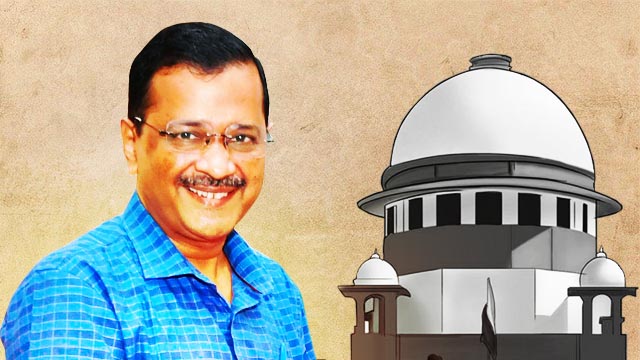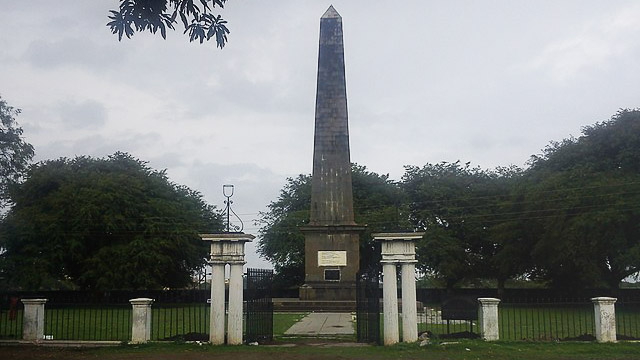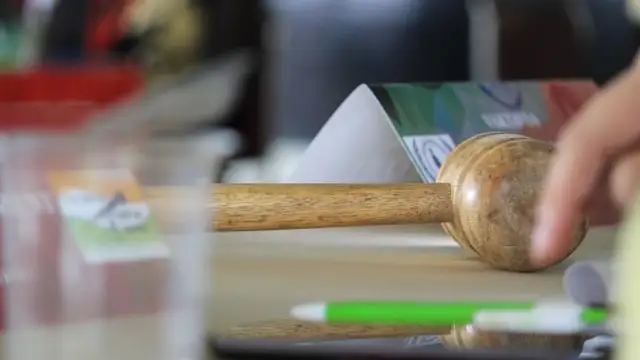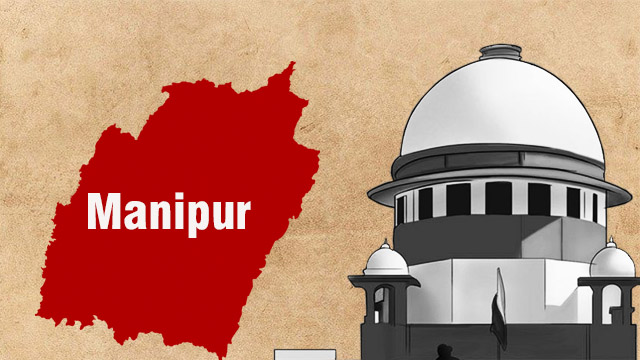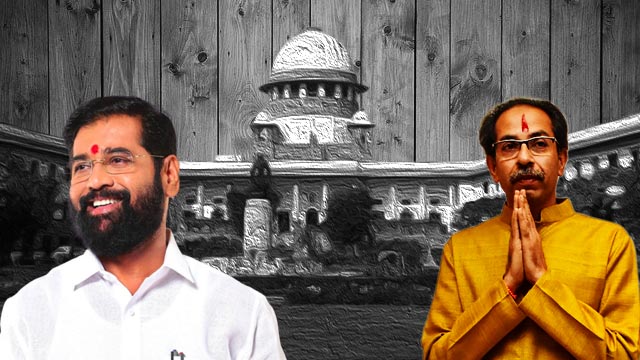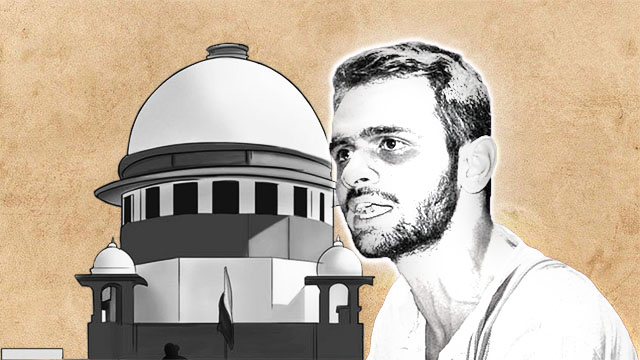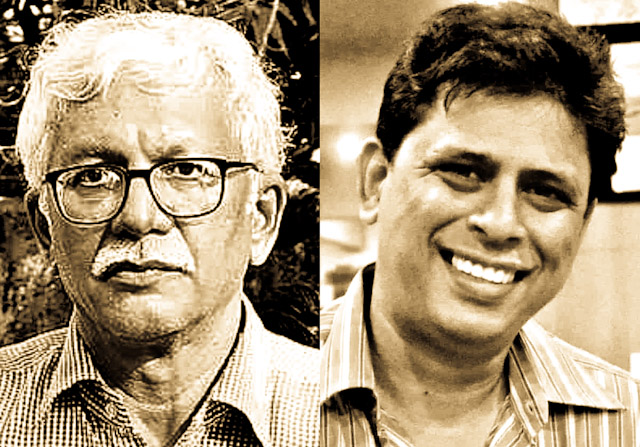In a landmark unanimous judgement, a five-judge Constitution Bench of the Supreme Court held that the Government of the National Capital Territory of Delhi (NCTD) would have control over all services, including Indian Administrative Service (IAS), except for land, police and law and order. The Supreme Court’s verdict on the Delhi government is seen as a shot-in-arm for the city’s ruling Aam Aadmi Party (AAP), which has been at loggerheads with the Union government and the capital’s Lieutenant Governor (LG).
“The legislative and executive power of NCTD over Entry 41 shall not extend over to services related to “public order”, “police”, and “land”. However, legislative and executive power over services such as Indian Administrative Services, or Joint Cadre services, which are relevant for the implementation of policies and vision of NCTD in terms of day-to-day administration of the region shall lie with NCTD (sic)”, the verdict held.
The Supreme Court’s verdict on the Delhi government held that a democratically elected government shall have total control over its executive and hold them to account. This has significantly restricted the LG’s role, whom the AAP government has accused of usurping power in the state at the behest of the federally-ruling Bharatiya Janata Party (BJP). The BJP-led Union government had earlier placed the services of the NCTD under the LG’s control through an order passed in 2015 when the AAP won a landslide victory.
“If a democratically elected government is not provided with the power to control the officers posted within its domain, then the principle underlying the triple-chain of collective responsibility would become redundant. That is to say, if the government is not able to control and hold to account the officers posted in its service, then its responsibility towards the legislature as well as the public is diluted (sic)”, the Constitution Bench headed by Chief Justice of India DY Chandrachud said in the verdict.
“If the officers stop reporting to the ministers or do not abide by their directions, the entire principle of collective responsibility is affected. A democratically elected government can perform, only when there is an awareness on the part of officers of the consequences which may ensue if they do not perform. If the officers feel that they are insulated from the control of the elected government which they are serving, then they become unaccountable or may not show commitment towards their performance (sic)”, the Bench added.
AAP chief and the NTCD Chief Minister Arvind Kejriwal welcomed the Supreme Court’s verdict on the Delhi government. Soon after the verdict, Kejriwal removed Ashish More, the secretary of the city-state’s Services department. This transfer is seen as the first of many to come according to Kejriwal’s earlier warning. The chief minister said that now the government will have control over the officers and will be transfer-posting officers.
“The vigilance will now be with us. Disciplinary proceedings can be initiated against officers who do not work properly”, Kejriwal said. For years the chief minister has been alleging that he doesn’t have the power to appoint even a “peon” or transfer bureaucrats as those powers rested with the LG. He accused the BJP government at the Union, led by Prime Minister Narendra Modi, of running a parallel government using the LG’s office.
The Supreme Court’s verdict on the Delhi government is seen as a jolt to the BJP, which has been the key opponent of Kejriwal’s AAP-led government. It welcomed the verdict but alleged it will open a “transfer-posting” industry in Delhi, which can lead to severe corruption.

